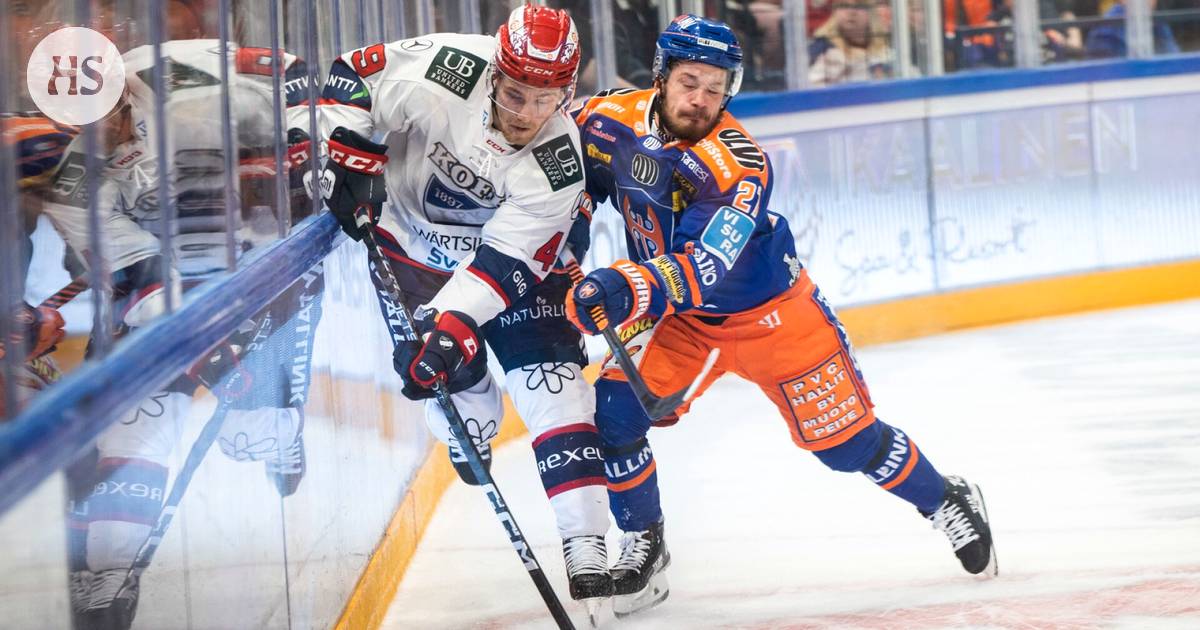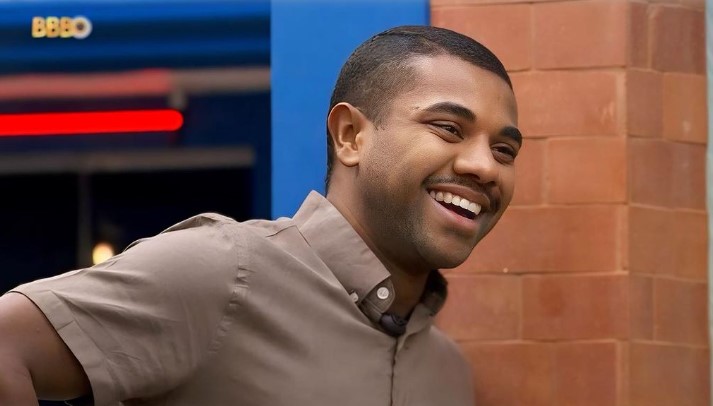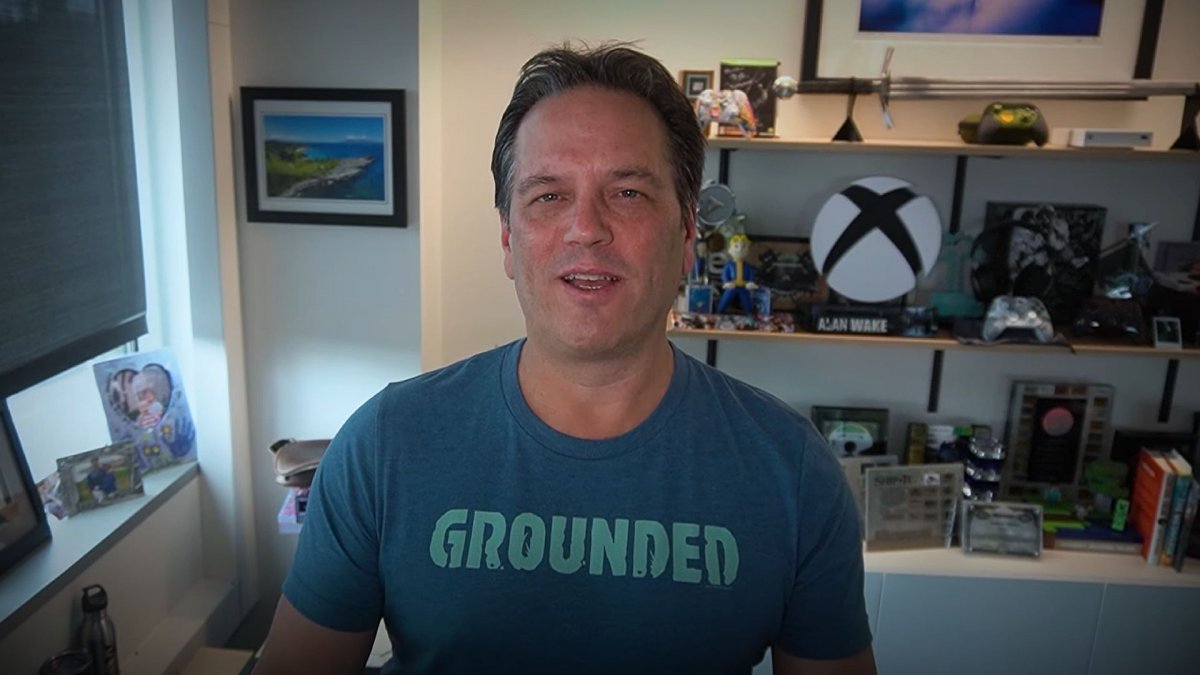If things had been like before, last Friday’s weather in Davos it would have been a real logistical headache for many global leaders. With a thermometer that fluctuated between 5 and 13 degrees below zero, the snowfall that again whitened the streets of the town located in the heart of the Swiss Alps only allowed a slow movement for those who wanted to leave the place where the Economic Forum is usually held. World.
However, this time only locals and winter sports enthusiasts were exposed to the inclement weather. A month ago, the organizers of the event decided to cancel the face-to-face meeting originally convened from January 17 to 21 – now postponed to the end of May – and keep the virtual format for the second consecutive year.
It remains to be seen if the pandemic allows the plans for a reunion to be fulfilled and the members of the most exclusive club on the planet manage to congregate, a few weeks before the start of summer in the northern hemisphere. While the time has come to resolve the doubt, the organizers of the event also showed that their convening power also works in cyberspace.
(Also: Who is the new first lady of Chile and why does it generate controversy?)
Under the name of the Davos Agenda, over five days 25 thematic sessions were held – including a dozen speeches by heads of state and government – which were seen live by three million people on social networks. Apart from Xi Jinping, in China, and Narendra Modi, in India, leaders from all continents passed through the screen, including Iván Duque, from Bogotá.
The topics around which the talks revolved were the same as those at the top of the analysts’ list of concerns, with one exception or another. Coronavirus and the global economy are part of the category of the most urgent, while global warming, biodiversity and the growing gap between rich and poor belong to the category of important.
“We are seeing challenges ranging from disruptions in supply chains to tectonic movements in labor markets, to inflation numbers that are worrying policymakers and individuals,” said Klaus Schwab, founder of the Forum. “The year ahead is crucial to work together, rebuild trust and shape a better and more inclusive future for all,” added the German-born professor.
Road to endemic
It remains to be seen if this call for dialogue finds an echo in the big capitals. Unfortunately, while cooperation between nations was insisted on as the best formula for solving humanity’s problems, the possibility of an invasion of Ukraine by Russia – with its impacts on gas security and supply in Europe – made headlines.
The ghost of a major brand crisis in the geopolitical field was the great absentee in the different conversations, even if it has been mentioned by some. What was openly discussed was covid-19, which is still an immense challenge, as the omicron variant has been demonstrating with its record number of infections.
Although the restrictions adopted in December are beginning to be lifted in some countries, it is clear that the mutations of the virus will continue to be present for a long time. Anthony Fauci, the White House medical adviser, recalled that there are five foreseeable phases and to date the world is still in the first: the pandemic.
If things are done well, with the passing of the months the deceleration would begin, followed by a control stage, after which elimination could be considered (for example, polio is in a handful of places) and an eventual eradication.
Reaching this last point is unlikely, because as far as infectious diseases are concerned, only smallpox managed to disappear from the face of the earth.
In this regard, the scientist leans towards the third category as the most feasible. In this, the virus continues to go around with occasional waves, as happens with the flu and influenza, but without upsetting the different societies. This is what is described as endemic, which makes the problem manageable, although it requires continued vaccination and regular boosters, both in rich and poor countries.
And that subject is pending. Yemi Osinbajo, vice president of Nigeria, stressed that in Africa only a tenth of its inhabitants have a complete inoculation scheme. By comparison, the Latin American average is over 60 percent.
mixed forces
Until that cloud does not disappear, the danger will be latent. However, the biggest doubts arise on the economic front, where the crosswinds are blowing very strongly.
On one side is the recovery, which has been “stronger than we expected a year ago,” according to Christine Lagarde, the president of the European Central Bank. This improvement is felt much more in advanced economies, which accentuated the known disparities.
Of the other, tension is felt in the markets attributable to the significant increase in inflation rates and to the expectation of higher interest rates in the developed world, as a mechanism to stop an exaggerated rise in prices. Such a scenario makes investors nervous, because it alters the balance of returns between different assets.
Tension is felt in the markets due to the significant increase in inflation rates and the expectation of higher interest rates in the developed world.
This was demonstrated on Friday, when the main stock markets experienced significant falls. The week that just ended was the worst in more than a year in New York and other key financial centers, due to the decline in stocks and the higher yields required for bonds.
Added to this are the bottlenecks on other fronts. With oil poised to hit $90 a barrel – and the possibility of further hikes – soaring energy costs don’t seem to give any respite.
Kristalina Georgieva, director of the International Monetary Fund, highlighted what has been done so far, without minimizing the obstacles. Although he said positive growth rates will persist in 2022, he also warned that “they are losing momentum amid persistent inflation and record debt levels exceeding $226 trillion.”
Put another way, the warning lights on the economic dashboard shine much brighter. The bell rings loudly for emerging countries due to the weight of obligations, since the calculation is that 60 percent will have difficulties meeting their commitments on time.
To avoid bigger messes, the ideal would be for multilateral aid mechanisms to operate on time. The question is whether in the middle of a obvious lack of leadership from Washington, distant from Moscow and Beijing, there will be atmosphere to put out the fires that arise in the coming months.
Virtual intervention of the president Iván Duque in the panel ‘World Economic Forum: Perspectives of Latin America’
And that concern is also valid in a longer-term scenario. Even if the immediate emergencies are managed with relative success, a much more complex one, such as climate change, is still pending. As things stand, the chances are high that temperatures will continue to rise above what is desirable, due to a lack of concerted action.
In the same
The irony is that there is consensus in the face of a danger that could well be described as imminent. The gradual melting of the polar ice caps, the loss of glacier surfaces, the presence of extreme temperatures and more intense natural disasters are a foretaste of catastrophes that could affect hundreds of millions of people.
Despite this, few want to assume their responsibility. To cite one case, John Kerry, the United States representative on this matter, emphasized that “nobody is moving fast enough,” as if it weren’t with the most powerful nation on the planet.
There is hope that technology will find the necessary answers so that both electricity generation and mobility are clean enough in a relatively short time. If not, it would take “a Herculean effort” to transition from a present – in which 80 percent of energy sources are fossil fuels – to a carbon-neutral scenario in 2050, according to the words by Fatih Birol, director of the International Energy Agency.
Colombia also put on the table the so-called ‘green agenda’, along with the need to identify financing to promote transformation processes that are more ecologically friendly.
Other ways of looking at the challenge are likely to be needed. Olaf Scholz, the new German chancellor, dotted the i’s by stating that “we are no longer going to wait for the slowest and least ambitious”. On the contrary, Angela Merkel’s successor stated that “we are going to turn the climate around so that instead of a cost factor it becomes a competitive advantage.”
A qualitative leap on this point is key in Latin America, an area particularly rich in biodiversity. The region also had its space in a virtual forum that brought together five presidents and in which Carlos Alvarado, from Costa Rica, and Pedro Castillo, from Peru, placed special emphasis on the environment. Colombia also put on the table the so-called ‘green agenda’, along with the need to identify financing to promote transformation processes that are more ecologically friendly.
Despite calls for greater integration in the Americas, comments appeared on social networks about the divorce between what happens and what is preached. Today, this part of the world is much more divided than in not so distant times, something in which ideologies weigh, as well as governments that forgot democratic principles, as is the case with Venezuela, Nicaragua or El Salvador.
And that lack of convergence can be costly in light of other irreversible processes. In the midst of daily emergencies, it is easy to forget that the fourth industrial revolution – which includes artificial intelligence, robotics, algorithms or the internet of things – has not stopped. On the contrary, the pandemic ended up deepening it, something that impacts and will impact the demand for labor and the relevance of a good number of professions.
How to convert the risks of modernity into opportunities is something that deserves to be at the epicenter of the discussions that touch the future of Latin Americans. Sadly, what is seen is a large number of platitudes in government statements, just as the threats of populism tend to grow larger and popular dissatisfaction increases.
The feeling that reality goes one way while official pronouncements go the other is not only exclusive to these latitudes. In fact, the great contradiction that arises from virtual Davos is that the human race has never been so connected, just a click away, while true consensus is conspicuous by its absence.
It seems incredible that while problems have become global, everyone wants to apply their own solutions. Confirming that this is the case is not at all reassuring and confirms a huge lack of leadership in a world that has become a modern tower of Babel in which everyone speaks, but few understand the same thing.
RICARDO AVILA PINTO
SENIOR ANALYST
FOR THE TIME
@ravilapinto
In other news
.
#virtual #meeting #Davos #forum #modern #Babel







